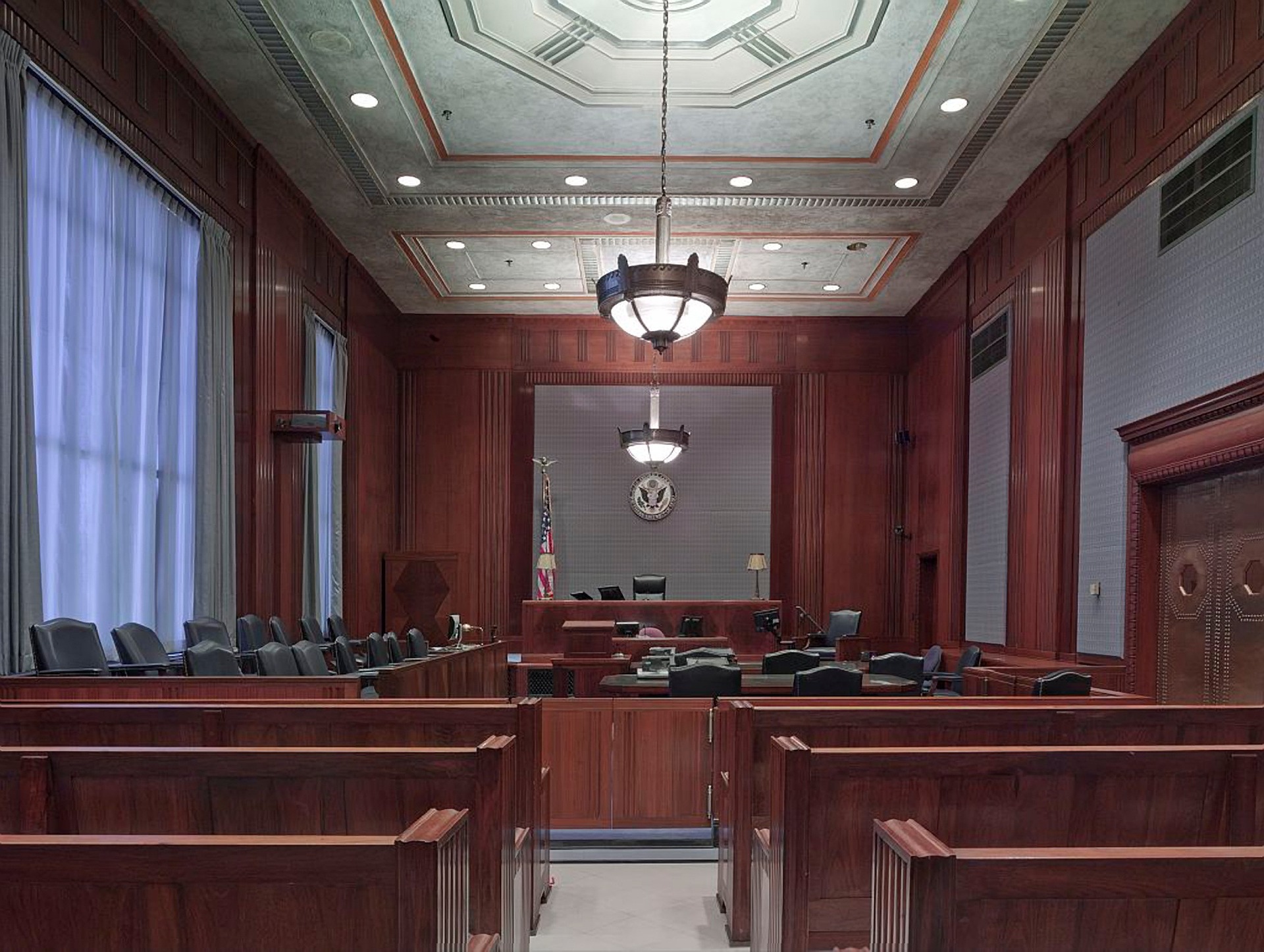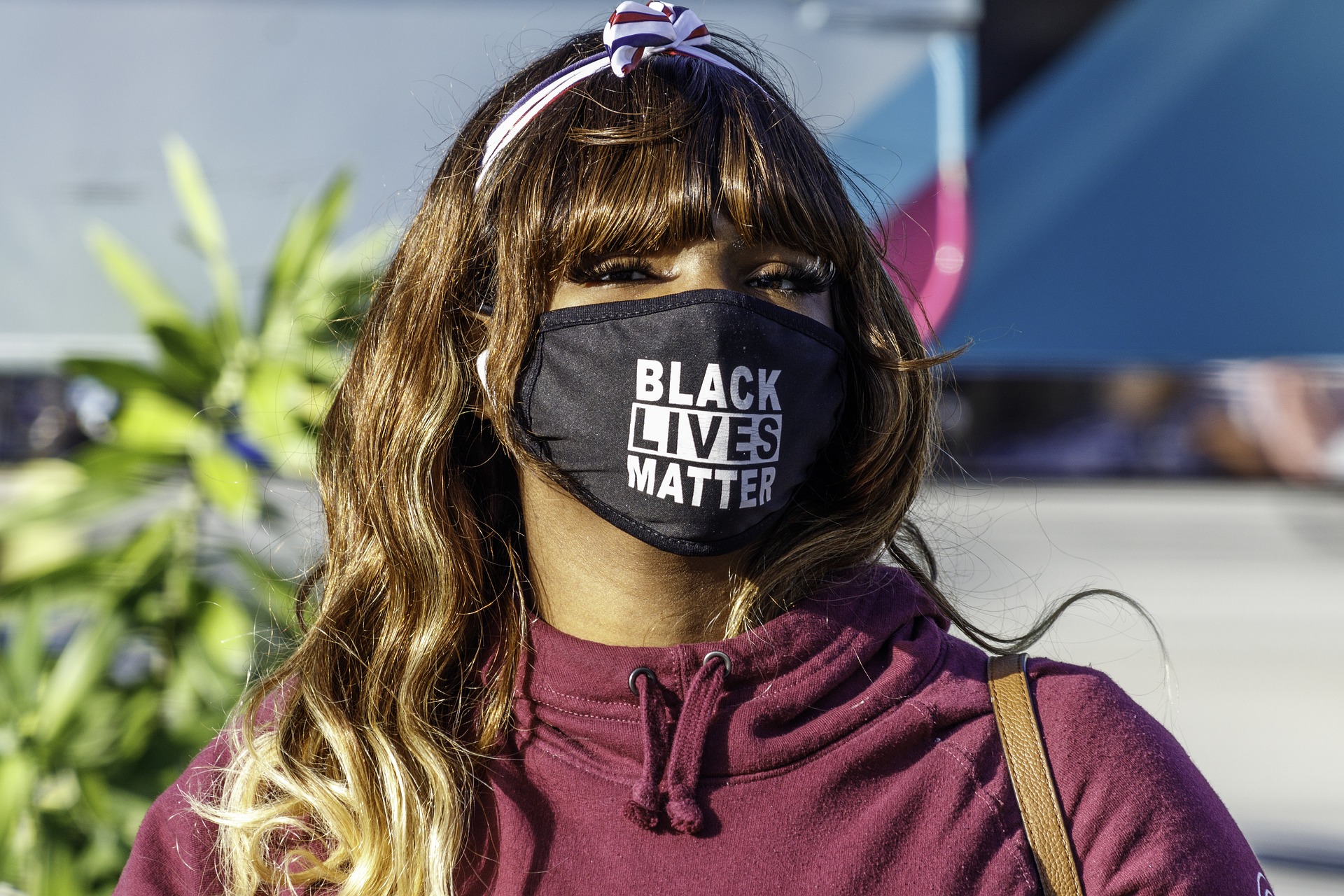ZALKIND DUNCAN & BERNSTEIN LLP is hiring an associate to join our premier Boston criminal defense and civil litigation boutique. This progressive 13-lawyer firm has a dynamic federal and state court practice, at both the trial and appellate levels. Our criminal defense practice includes crimes of violence, fraud and drug offenses, white collar crimes, and other felonies and misdemeanors. Our civil practice consists primarily of plaintiff-side employment matters (mostly discrimination cases), and representing students, faculty, and other employees accused of misconduct or facing discrimination at colleges and universities (including in Title IX proceedings). We also have a general civil litigation and complex motions practice.
We are looking for an attorney with 1-2 years of experience and excellent research, analytical, and writing skills. Judicial clerkship a plus. Competitive benefits. Associates must be available for court, depositions, and other in-person proceedings in the Greater Boston area. Associates currently work in the office at least two days per week and may otherwise work remotely where that is compatible with the needs of a case. More information about our firm can be found on our website: http://www.zalkindlaw.com.
Interested applicants should email a cover letter, resume, law school transcript, writing sample (preferably 5-10 pages long, showing writing that has not been substantially edited or revised by anyone other than the author), to resume@zalkindlaw.com with “Application for associate position” in the subject line. Please name the files including your materials as follows: “firstname lastname – Cover Letter,” “firstname lastname – Resume,” “firstname lastname – Transcript,” and “firstname lastname -Writing Sample.”
 Boston Lawyer Blog
Boston Lawyer Blog
















